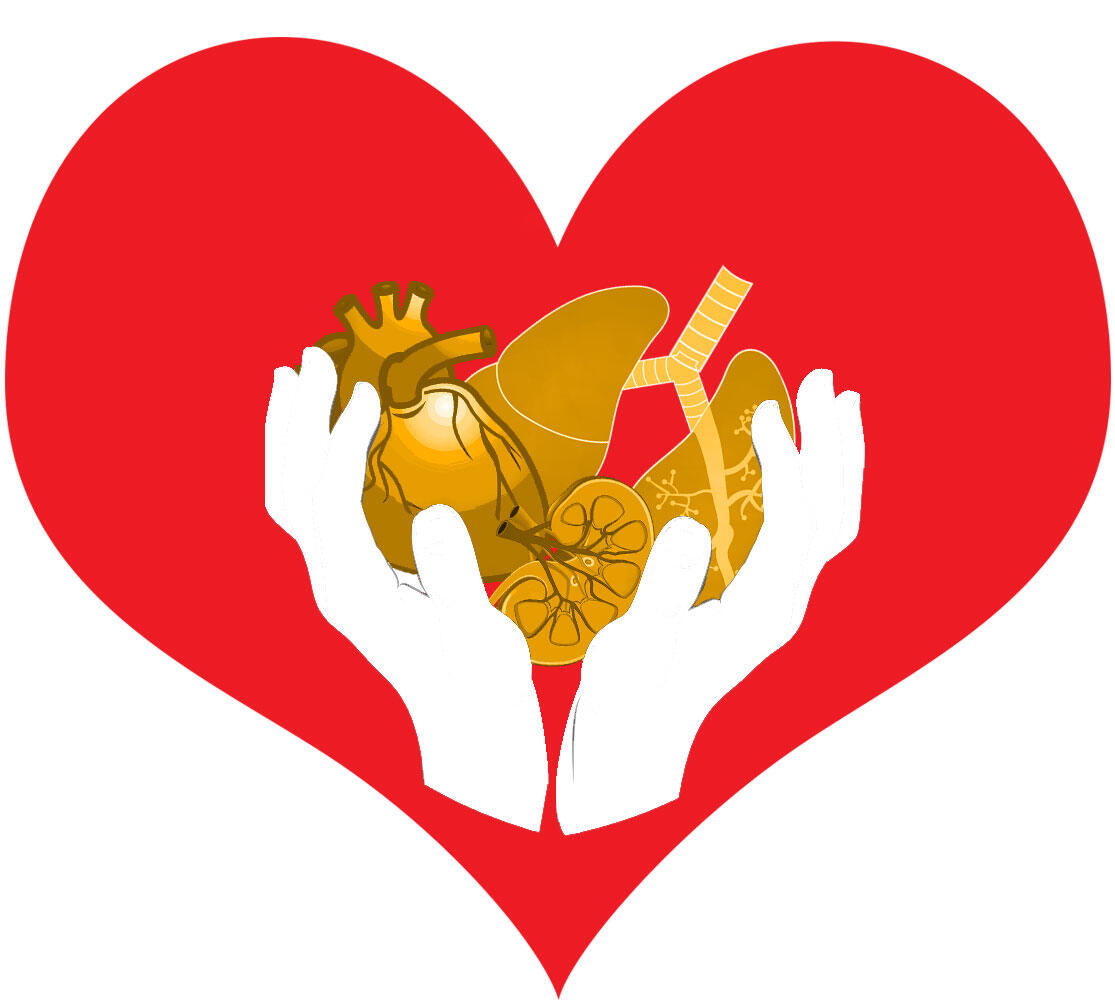April 29, 2016
Hume-Lee director details critical issues in organ donation during Twitter Q&A
Share this story
VCU Health hosted a Twitter chat about organ donation April 26 to highlight National Donate Life Month. Donate Life America established National Donate Life Month in an effort to spearhead local, regional and national activities that encourage Americans to register as organ donors. According to Donate Life America, nearly 124,000 men, women and children are awaiting organ transplants in the United States, including 3,200 Virginians.
During the chat, Marlon Levy, M.D., director of the VCU Health Hume-Lee Transplant Center, offered answers to questions about living and deceased organ donation. Below are his replies to some of the questions raised on Twitter.
Stay engaged with future VCU Health Twitter chats by following @VCUHealth on Twitter and searching for the hashtag #VCUHealthChat.
Why would someone need an organ transplant?
Organs can be malformed from birth, damaged by lifestyle choices like drugs and alcohol, or the damage may be hereditary. Transplant is the standard of care for end-stage liver and kidney disease.
How effective are organ transplants?
Organ transplants are extremely effective and save lives. Many patients live decades with a transplanted organ. Kidney recipients can stop dialysis treatments, and allow a return to normal lives including work, hobbies and exercise.
How many people are currently waiting for a transplant?
More than 123,000 people are on the national waiting list and more than 100,000 need a kidney.
More than 123,000 people are on the national waiting list and more than 100,000 need a kidney. Every 10 minutes a new name is added to the list. On average, 22 people die every day waiting for an organ transplant.
From where do donated organs originate?
Some organs (liver, kidney, lung) come from living donors and some from a person who died and was a registered donor. Even with living and deceased donors, there is a shortage of organs for those in need. Anyone can register at RegisterMe.org.
How are organs distributed to those waiting?
A national computer system and strict standards are in place for ethical and fair distribution of organs. Organs are matched by blood and tissue type, organ size, medical urgency, waiting time and geographic location.
Who can register as a donor? Are there limits on age or medical conditions?
People of all ages and medical histories should consider themselves potential donors. One donor can save nine lives. All major religions support organ donation as an act of compassion. Visit www.donatelife.net for more information.
If I am a registered donor, do doctors treat me any differently if I’m in the hospital?
No. If you are sick, injured and admitted to the hospital the No. 1 priority is to save your life. Organ donation is only considered after death is declared by a physician.
What is living organ donation and why is it important?
A healthy living person can donate a kidney, part of a liver, lung or intestine with excellent outcomes for donors and recipients. Living donation is important because there aren’t enough donations from deceased individuals to meet the need. Also, the recipient patient doesn't have to wait as long and has better short- and long-term outcomes with a living donor.
How does Hume-Lee Transplant Center at VCU help patients find living donors?
We arrange swaps between incompatible donor/recipient pairs, matching pairs or creating chains with more than two pairs. We now offer robotic surgery for living kidney donors to reduce pain and speed up recovery. We are the only Mid-Atlantic transplant center offering robotic donor nephrectomy.
What's next in organ transplant and how is Hume-Lee Transplant Center at VCU playing a part?
We now offer islet cell auto transplant for chronic pancreatitis and will continue to emphasize living donation. Also, pediatric liver transplantation in partnership with Children’s Hospital of Richmond at Virginia Commonwealth University will help us meet the needs of children in Virginia. Visit www.vcuhealth.org/transplant for more information.

Subscribe for free to the weekly VCU News email newsletter at http://newsletter.news.vcu.edu/ and receive a selection of stories, videos, photos, news clips and event listings in your inbox every Thursday.
Subscribe to VCU News
Subscribe to VCU News at newsletter.vcu.edu and receive a selection of stories, videos, photos, news clips and event listings in your inbox.










